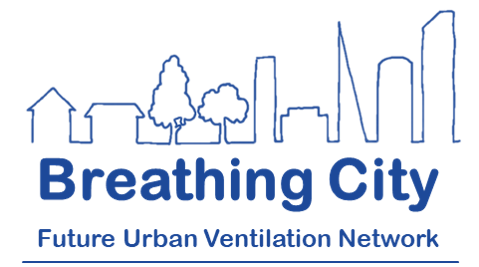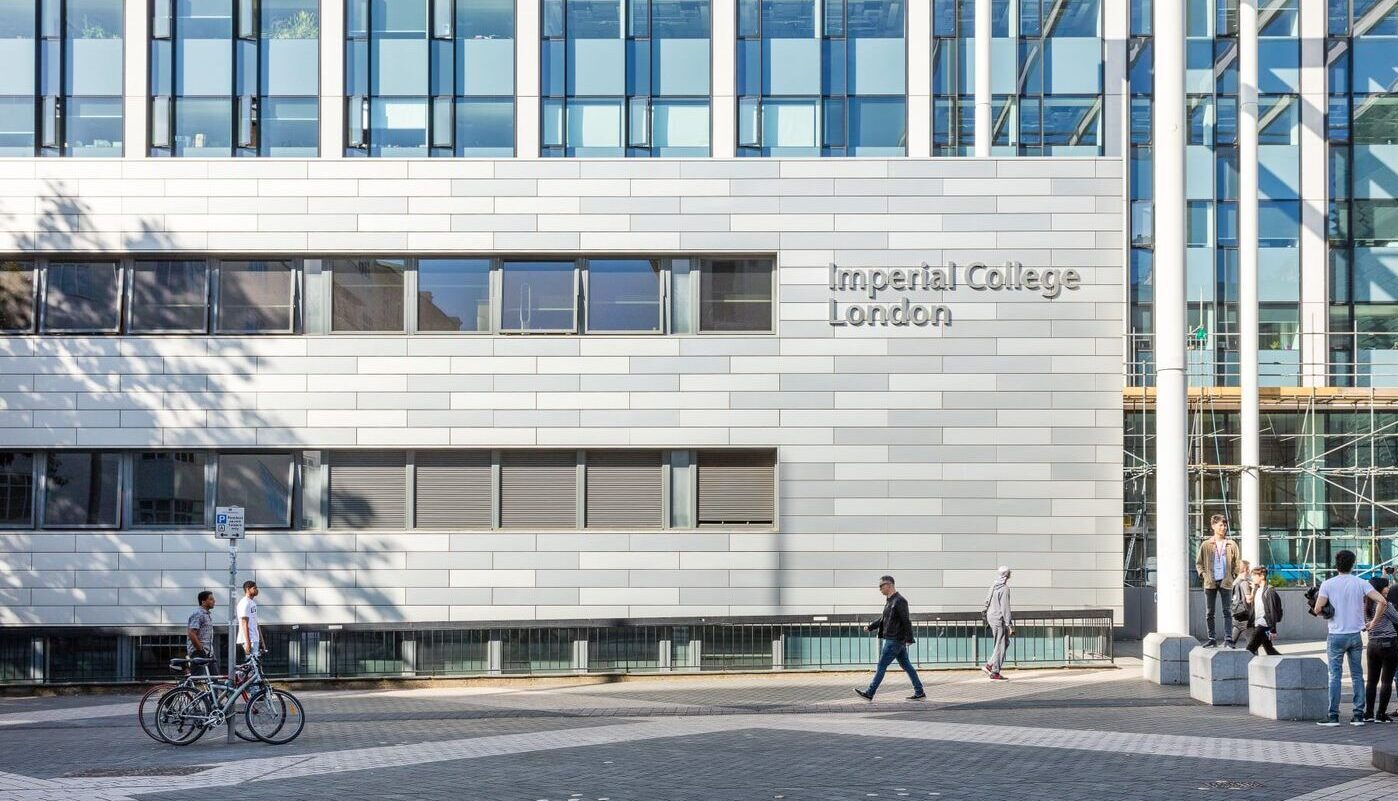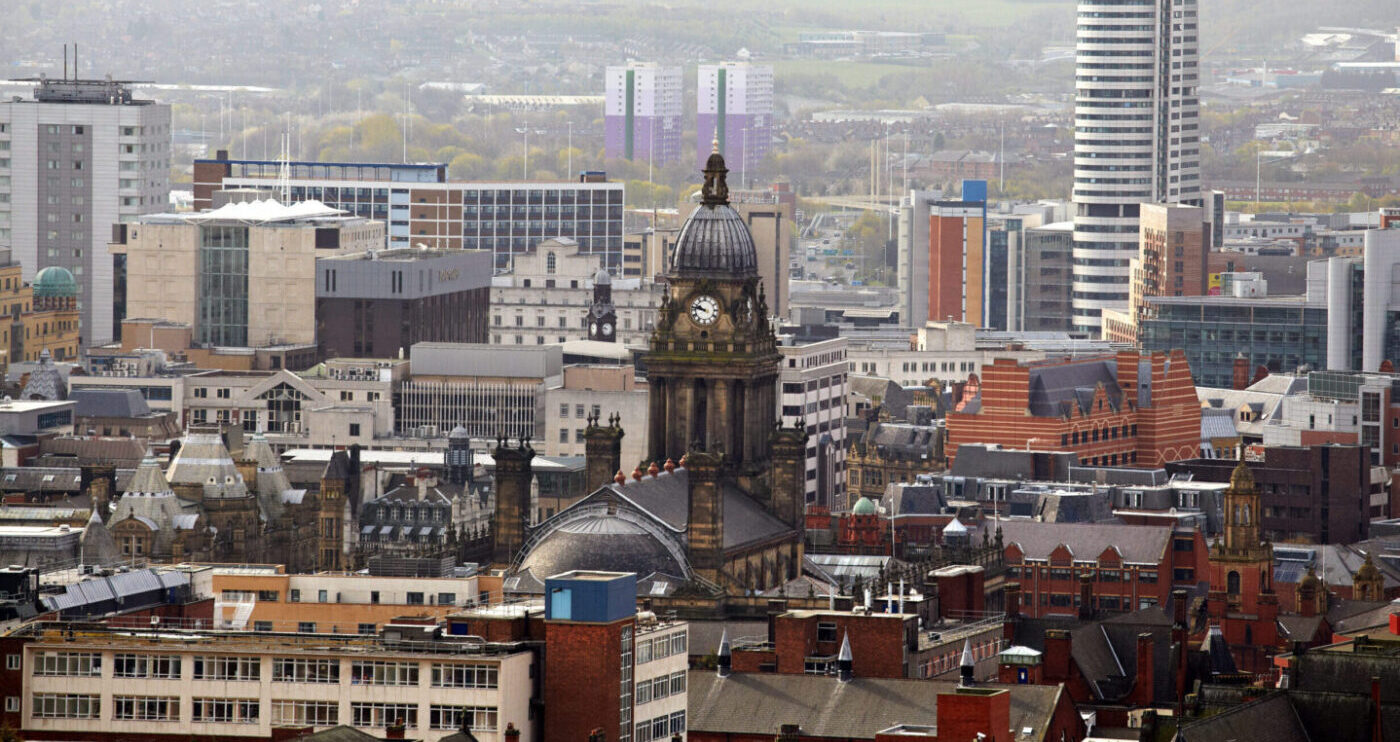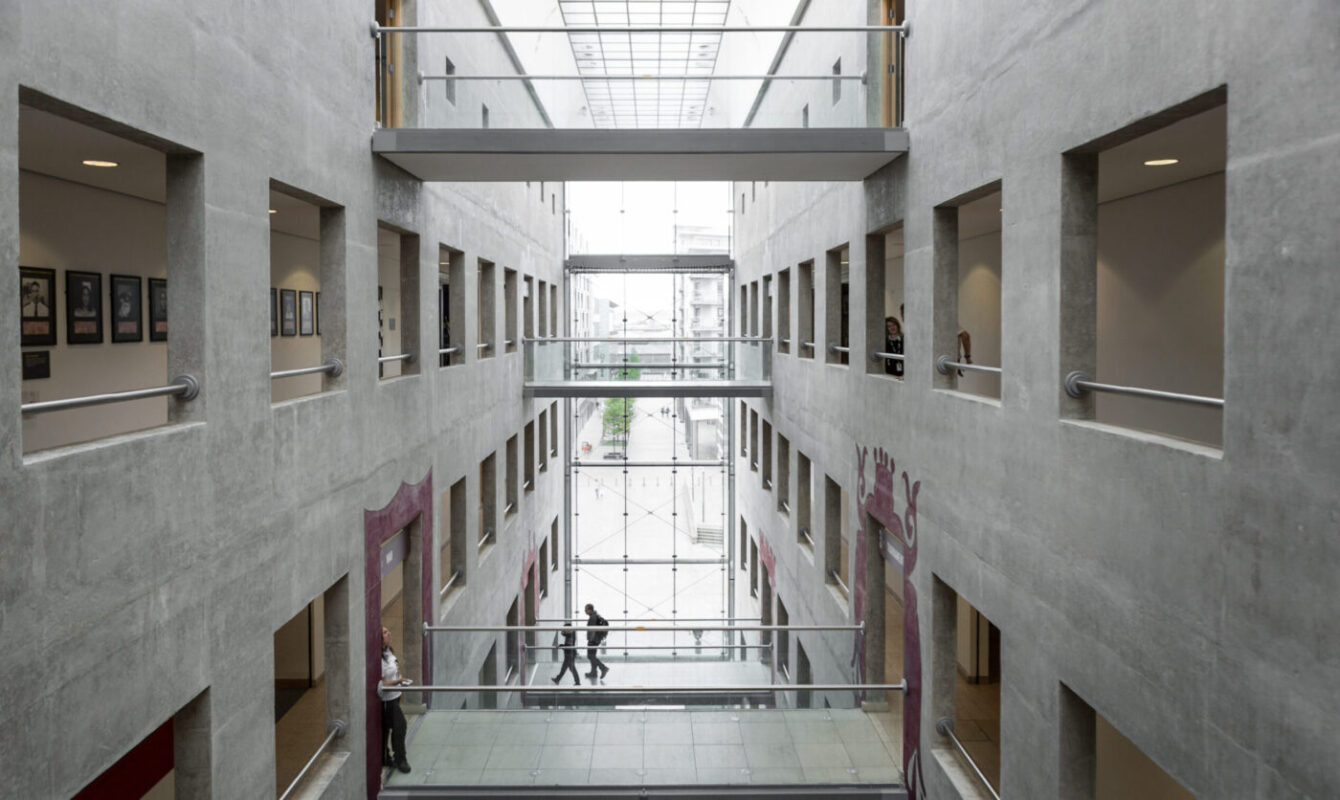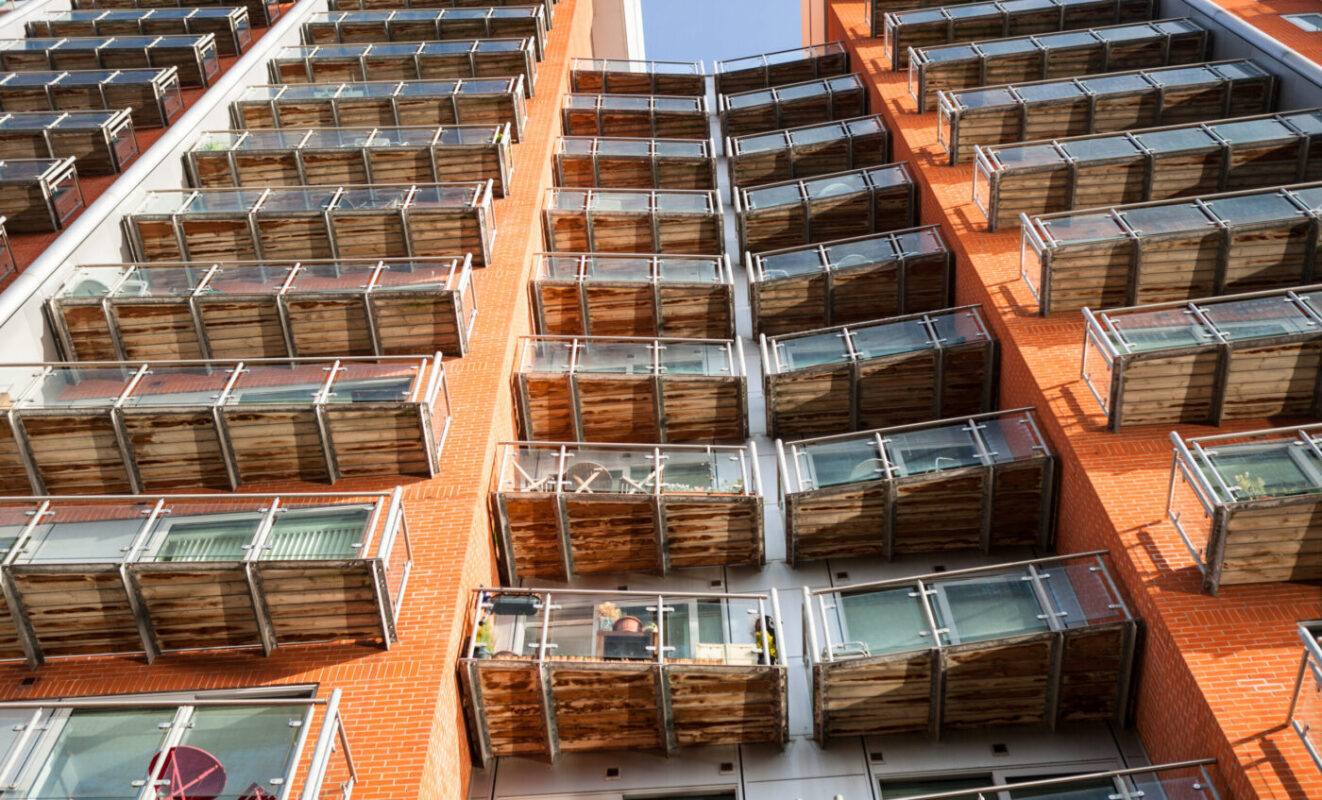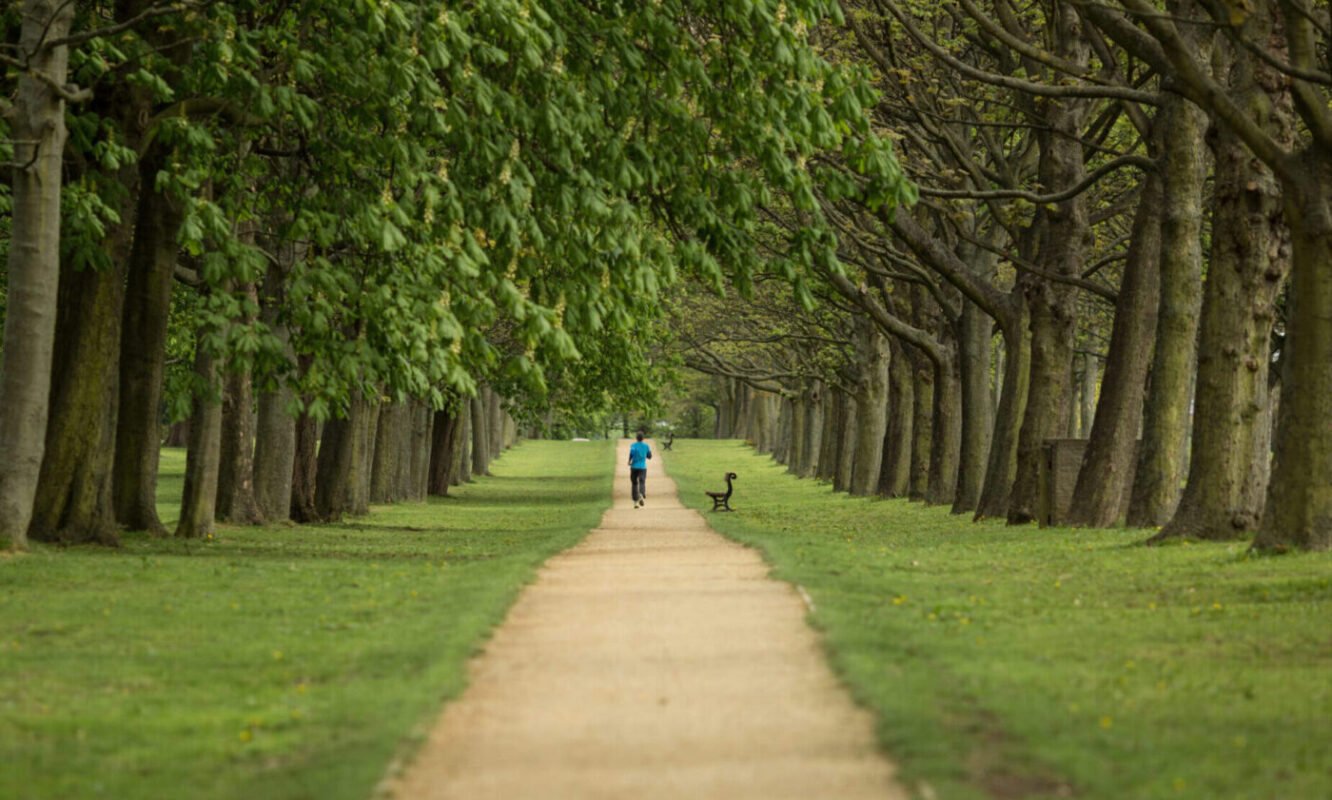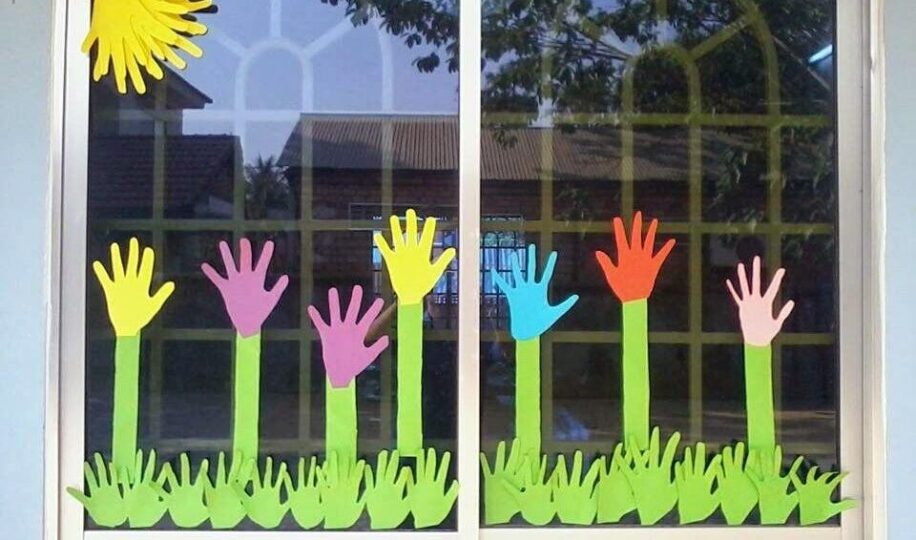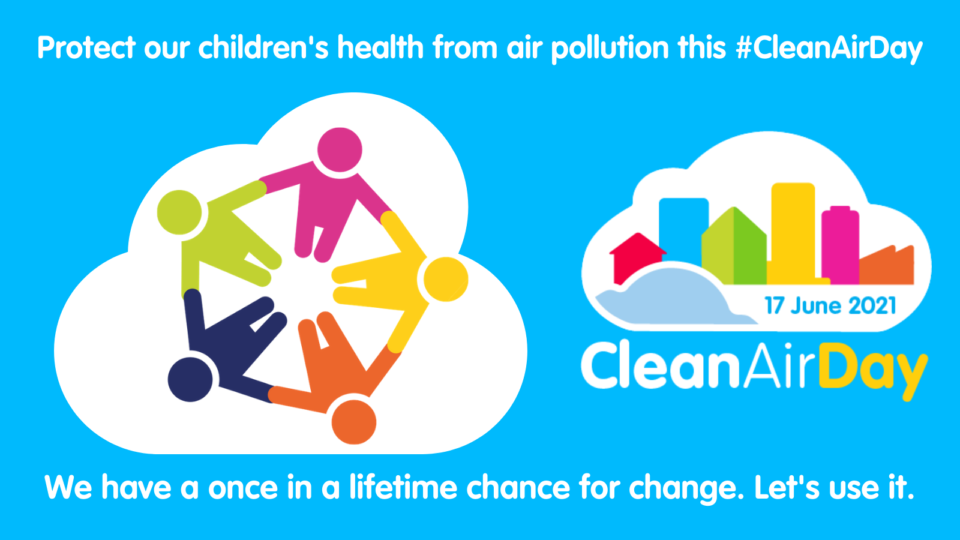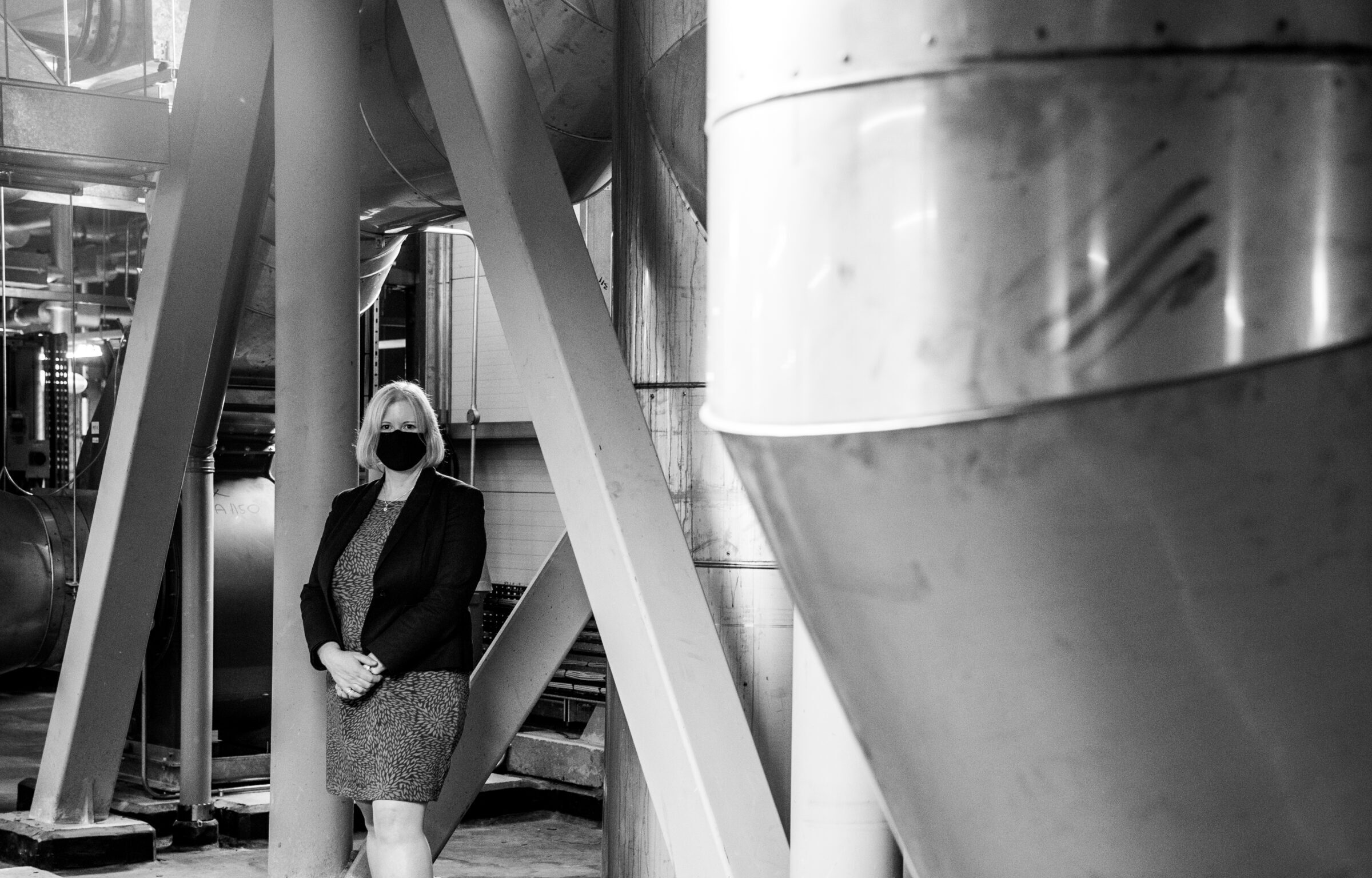Two PhD studentship opportunities with Professor Helen ApSimon from Imperial College
We have been made aware of two PhD studentship opportunities titled ‘Synergies between climate measures and air quality strategies‘ and ‘Effects of future agricultural scenarios on air quality and ecosystem protection‘ with Prof Helen ApSimon, Dr Iain Staffell, and Dr Huw Woodward at the Centre for Environmental Policy, Imperial College London. To apply please send a CV with academic qualifications and 2 referees, plus why you think you would be a strong candidate, to Professor Helen ApSimon (h.apsimon@imperial.ac.uk) by 8 September. Selected candidates will be interviewed in the following week to start in October 2021 or shortly after. Synergies between climate measures and air quality strategies Supervisors: Prof Helen ApSimon and Dr Iain Staffell This research project will involve investigation of a range of future energy and transport scenarios in the UK up to 2050, exploring emissions of air quality pollutants and their impacts on human health. It will be…
Four new projects funded by the Breathing City network
Four new projects have been funded by the Breathing City network. Researchers have received a share of £20,000 to better understand how indoor air quality affects occupant health, how air quality metrics should be communicated and displayed, and how the new building standards affect indoor air quality. The four projects are: We will report on the projects as they progress over the next year
Three new projects funded by UKRI’s Clean Air Strategic Priorities Fund
The UKRI have announced three new research projects that will investigate how air pollutants in indoor spaces can adversely affect the health of the people inhabiting them. The indoor spaces being investigated include homes, schools and workplaces. The projects aim to better understand how the composition, concentration and exposures of air pollutants affect children with asthma and people living in urban homes. A third project will build a platform to identify the worst pollutants and establish their link with neurological disease. The three projects are: Air pollution hazard identification platform. PI Professor Gordon McFiggans, The University of Manchester. West London healthy home and environment study (WellHome). PI Professor Frank Kelly, Imperial College London. Ingenious: Understanding the sources, transformations and fates of indoor air pollutants. PI Professor Nicola Carslaw, University of York.
New RAEng report highlights need to improve ventilation guidance as Covid-19 restrictions lift in England
Leading engineers, including Breathing City PI Prof. Cath Noakes, say the importance of ventilation in the built environment is too often neglected, and have highlighted how the Covid-19 pandemic has emphasised flaws in the design, management and operation of buildings. The report, commissioned by the Government Chief Scientific Adviser, Sir Patrick Vallance, provides a review of actions to make infrastructure more resilient to infection. Overlooking ventilation, the authors say, ‘will disrupt management of pandemics, impose high financial and health costs on society, and constrain our ability to address other challenges such as climate change’. They are calling for a transformational change to the design and management of buildings to create good, healthy and sustainable environments for those who use them. The report provides nine recommendations. These are: You can read the full report here
Survey: Impact of ventilation on energy, comfort and air quality
We invite you to participate in a short online survey. Theme 2 (Health-centred ventilation design) aims to understand typical ventilation provision in a range of settings, and the resulting impact on energy, comfort and air quality. By completing the survey you will help identify areas of consensus amongst experts and areas of uncertainty, thereby assisting the direction of future work in the field of building ventilation.
Open-source software to help cities plant in pursuit of clean air
New software – the Green Infrastructure for Roadside Air Quality or ‘GI4RAQ’ Platform – has been designed by researchers from our partner network, Transition, along with experts in the University of Birmingham’s Institute of Forest Research (BIFoR) and School of Geography, Earth and Environmental Sciences, in partnership with practitioner organisations, including: Transport for London, Greater London Authority and Birmingham City Council. Free to use and open-source, the software enables practitioners to estimate the changes in pollutant concentrations (throughout the cross-section of a street) resulting from different planting schemes. It focusses on key pollutants from road transport: NO2 (nitrogen dioxide) and PM2.5 (fine particulate matter). Its calculations draw on wind data from monitoring stations across the UK, and determine how background wind conditions interact with the local urban form and planting specified by the user. Street planting, or ‘green infrastructure’, is an essential part of the urban realm, but there is a misconception that plants remove or ‘soak up’ a lot of pollution.…
Success Story: CO-TRACE!
Breathing City co-investigators, Dr. Henry Burridge (Imperial College London) and Prof. Paul Linden (University of Cambridge), with Prof Prashant Kumar (University of Surrey) are leading the COvid-19 Transmission Risk Assessment Case studies – Education establishments (CO-TRACE ) project. The aim is to develop techniques to assess the absolute risk of COVID-19 infection in a given indoor space, using field studies in primary and secondary schools, complemented by laboratory experiments and CFD to elucidate the flow patterns responsible for airborne transport. The understanding generated will underpin recent developments in infection modelling to predict the likelihood of airborne transmission within schools. This work will reduce the uncertainties associated with airborne transmission routes and provide evidence to evaluate mitigation measures. UK schools re-opened in March 2021 and with the recent increased awareness of airborne transmission of COVID-19, there is an ongoing need to quantify the risk, evaluate the effectiveness of mitigation measures, monitor…
Success Story: AIRBODS!
Our Breathing City community are a busy bunch. Over the next few months we’ll be sharing some of the projects our members are involved with. Breathing City co-investigator, and Theme1 co-lead, Prof. Malcolm Cook is leading an 18-month study to get large-scale events back up and running, with trials currently taking place at several ‘test’ venues including the O2 arena and Wembley Stadium. The government funded AIRBODS (Airborne Infection Reduction through Building Operation and Design for SARS-CoV-2) project has partners from Loughborough University, University College London, the University of Cambridge, the University of Nottingham, the University of Sheffield and London South Bank University. “Inadequate ventilation has been highlighted as a risk factor in terms of the possible airborne transmission of Covid-19 in buildings. AIRBODS aims to quantify the risk of this transmission through a combination of experimental work, measurement of environmental factors in buildings, and computer modelling. The team are currently…
Clean Air Day
Thu, June 17, 2021 12:00 PM – 1:00 PM BST Eventbrite As part of Clean Air Day 2021, we’ll be hosting an event around engaging and involving the wider public in clean air research. Along with our partner networks, we ask how the research community can ‘translate’ air quality science into messaging, media stories and social media campaigns that cut through to the public, and enable them to join the conversation. Clean Air Day is focused on improving public understanding of air pollution and building awareness of how air pollution impacts our health. This event is organised jointly by the the six SPF-Clean Air funded air quality networks. The event will be hosted by Prof Cath Noakes, Professor of Environmental Engineering for Buildings at the University of Leeds. Speakers as follows: There will be plenty of time for discussion and to explore ideas with the panel.
Experts call for a paradigm shift to combat indoor respiratory infection
Breathing City’s Professor Cath Noakes, along with 39 other leading experts in the transmission of airborne pathogens, have published in Science today. They state “we need to establish the foundations to ensure that the air in our buildings is clean, with a significantly reduced pathogen count, contributing to the building occupants’ health – just as we expect for the water coming out of our taps.” To reduce the spread of COVID-19 and other airborne illnesses, the scientists are appealing for tighter regulations to control air quality in buildings and calling for World Health Organisation indoor air-quality guidelines, which cover pollutants such as carbon monoxide and other chemicals, to be extended to include airborne pathogens. The experts say individual governments need to introduce and enforce domestic regulations. Professor Noakes said: “Over the years, we have neglected the role that the air circulating inside a building plays in the way germs and viruses…
